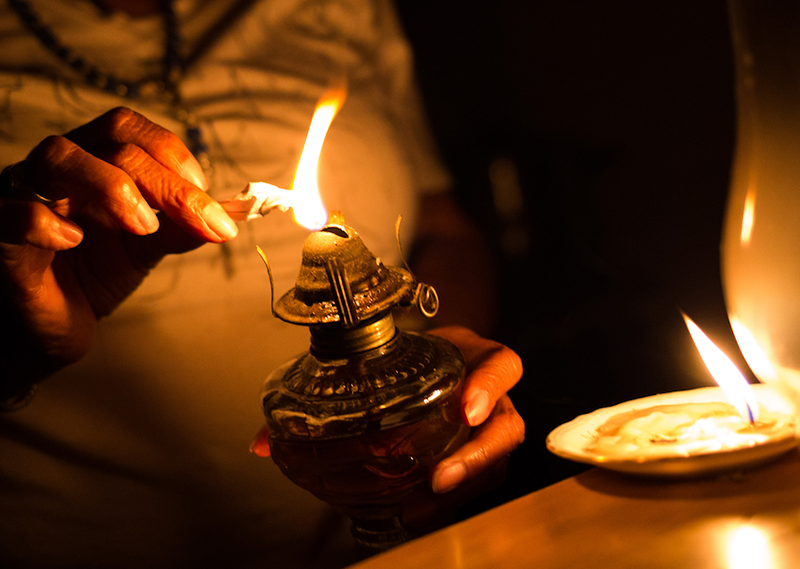
ZIMBABWEAN authorities seem to be clueless about how to resolve the energy crisis that is bedevilling the country.
And reports indicate that the Batoka Gorge Hydroelectric Project, touted as the remedy to the power woes afflicting Zimbabwe and Zambia, may never take off amid significant hurdles.
Zimbabwe has faced power challenges for close to 25 years now, but the authorities have not shown that they have a clue on how to improve the situation.
Back in or around 2000, when the opposition MDC was in its infancy, some Zesa engineers were reportedly brutalised by State agents after revealing that Zimbabwe will be subjected to crippling power cuts in a few years to come because of aging infrastructure and lack of investment in alternatives.
The engineers had just come back from a workshop in Malaysia, where they learned about renewable energy and decided to share their newly-found knowledge with their colleagues back home.
After making a presentation that Zimbabwe would sooner or later be in a power fix, they were accused of supporting the opposition, arrested, brutalised and later released.
To make matters worse, even after they had left the power utility, government red-flagged the engineers thus they cannot be employed outside the country, while a good number of them have died in poverty or are truck drivers across the world.
This shows that our leadership expends energy, on muzzling individuals instead of running the affairs of the nation.
- Let’s talk about solutions to energy woes
Keep Reading
Today, Zimbabwe faces a huge energy deficit and no one in government is showing any signs of promoting renewable energy.
The engineers, who were “fixed” by the government years ago, could today be assisting with installing renewable energy plants.
The El Niño-induced drought exposed the unpreparedness of the nation when it comes to disasters.
Water levels in Kariba Dam have receded to a point where we are almost at dead water, which cannot be used to produce electricity.
Instead of shifting focus to renewable energy sources such as solar, wind and bioenergy (organic matter burned as a fuel), there is no talk of such.
Hydroelectric, though a source of renewable energy, has shown that it is undependable as it can be adversely affected by droughts.
What is more nauseating is that Zimbabwe is now infested with tenderpreneurs, who are “handed” tenders to construct solar farms, get part payment but fail to construct even a 5m by 5m storeroom on site.
The tenderpreneurs are sued, win the suits, whistle on their way home and wake up to grab more tenders the following morning and life goes on.
Either someone is getting kickbacks from such pseudo businessman and sweep matters under the carpet or they are sleeping at the wheel.
In 2019, Tafadzwa Makonese, a senior research fellow at the Sustainable Energy Technology and Research Centre, University of Johannesburg, suggested the rolling out of short-term solutions such as small solar power systems while the government works on improving national power generation.
Nothing has moved in that regard.
Yet small solar systems are an effective source of electricity in off-grid communities. They can also be set up as mini-grids in communities that constantly experience power cuts.
Zimbabwe has enough solar power to support such plants.
More awareness on the use of gas in urban and rural households needs to be done. The challenge is that gas is underutilised in Zimbabwe, because it is more expensive compared to other energy sources, including kerosene.
To cope with power cuts industries should turn to energy storage. In Johannesburg, South Africa, some industries have integrated energy storage into their micro-grids — solar energy is stored in batteries that are used when the grid fails.






